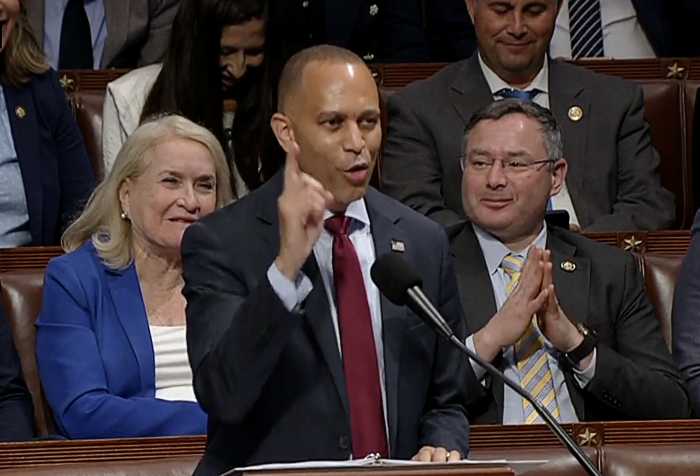By Alex Christodoulides
Ilibagiza spoke last week at St. John's University to a crowd of more than 400 students, faculty and administrators about her experience in a lecture called “Forgiveness and Reconciliation: Pathway to Solidarity.”Her 2006 book, “Left to Tell,” chronicles her experience in the 1994 genocide through 91 days of slaughter while she hid in a Hutu pastor's bathroom with seven other women and how her faith got her through the ordeal. During the three-month spasm of ethnic cleansing that followed the death of Rwanda's Hutu president Hutu militia groups slaughtered between 500,000 and a million moderate Hutus and ethnic Tutsis, among them Ilibagiza's family.”There was a time when I felt that I couldn't go on without doing something. And doing something was to pray. And praying with so much fear in the heart was impossible,” she told the audience. “My words at first were not words of prayer. They were more like, 'Send them to hell, do something to those animals,' but those are not prayers. And since I couldn't say those words, I began to say the rosary.”In meditating on the prayers and their meaning, Ilibagiza came to understand forgiveness, which she described as “freedom from the anger, freedom from the bitterness.”She said her ordeal gave her a feeling of responsibility in the world and an urgency to share her story.”I think it's all about listening to the voice inside to inspire you to do something, to be the best you can be. To choose courage, to choose truth, to choose solidarity, to choose to know, instead of going the other way around and lying down and dying in the face of hardship,” she said.Ilibagiza's story has inspired others.”When I was first speaking, one lady who was a Holocaust survivor came to me and told me, 'I never let go of the anger I had since then, until now that I see you. If you tell me you can forgive, then I can believe you. Then I can do it.' This is a lifetime gift for someone to be able to tell you that,” she said.Ilibagiza, who studied electronic and mechanical engineering at Rwanda's National University, left her native country in 1998 and began working at the United Nations in New York City. Since then she has started the Left to Tell Foundation, which helps women and children in Africa, raising her two sons and speaking around the world about her experience.Reach reporter Alex Christodoulides by e-mail at news@timesledger.com or by phone at 718-229-0300, Ext. 155.


































